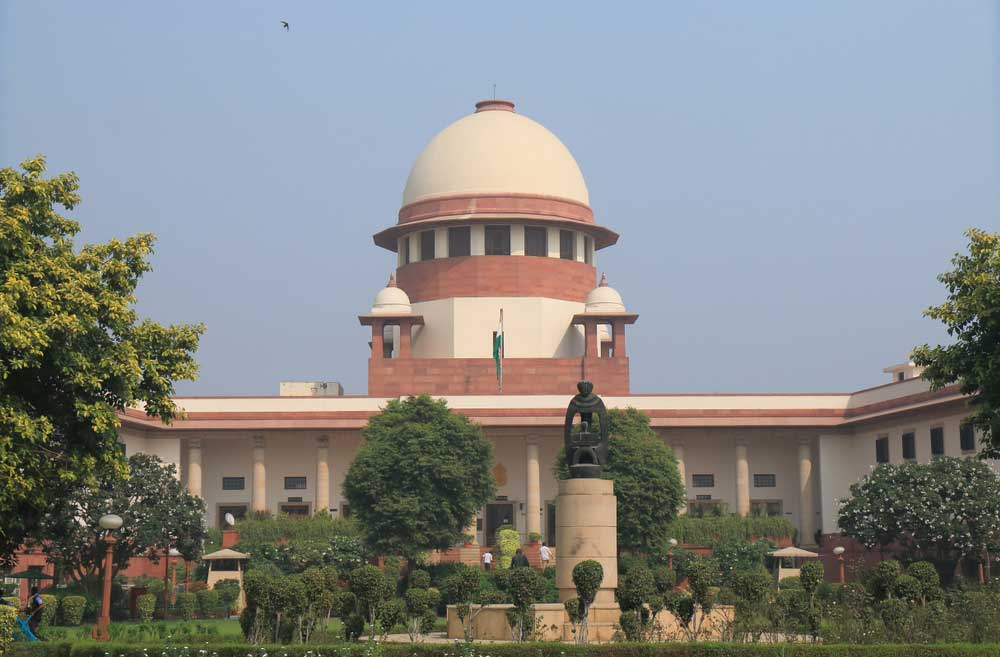The Supreme Court on Monday refused to quash a central government notification of August 7, 2018, that had advised the media not to use the word “Dalit” while referring to members of Scheduled Castes.
A bench of Chief Justice Ranjan Gogoi and Justice Sanjiv Khanna asked the petitioners, who are Dalit activists, to approach the “appropriate government authority with their grievance.” If they were not satisfied with the response, they could come back to the court for further directions.
The petitioners, through senior advocate Kapil Sibal, had challenged the circular as arbitrary, irrational, unreasonable, discriminatory and contrary to the Constitution of India. They said it was issued without consulting all stakeholders affected by such a decision.
“That had the ministry conducted stakeholder consultation process involving minority groups, the ministry would have been made aware of the fact that the term ‘Dalit’ is not considered offensive or discriminatory by the said groups,” the petitioners submitted.
The term “Dalit” is a self-chosen name, used as a “positive self-identifier and as a political identity”, to describe the pan-Indian community of all those who have been affected by the caste system and the practice of untouchability for several centuries and thus deprived of social, economic, political and cultural rights, the petitioners said.
The circular was issued by the information and broadcasting ministry.










